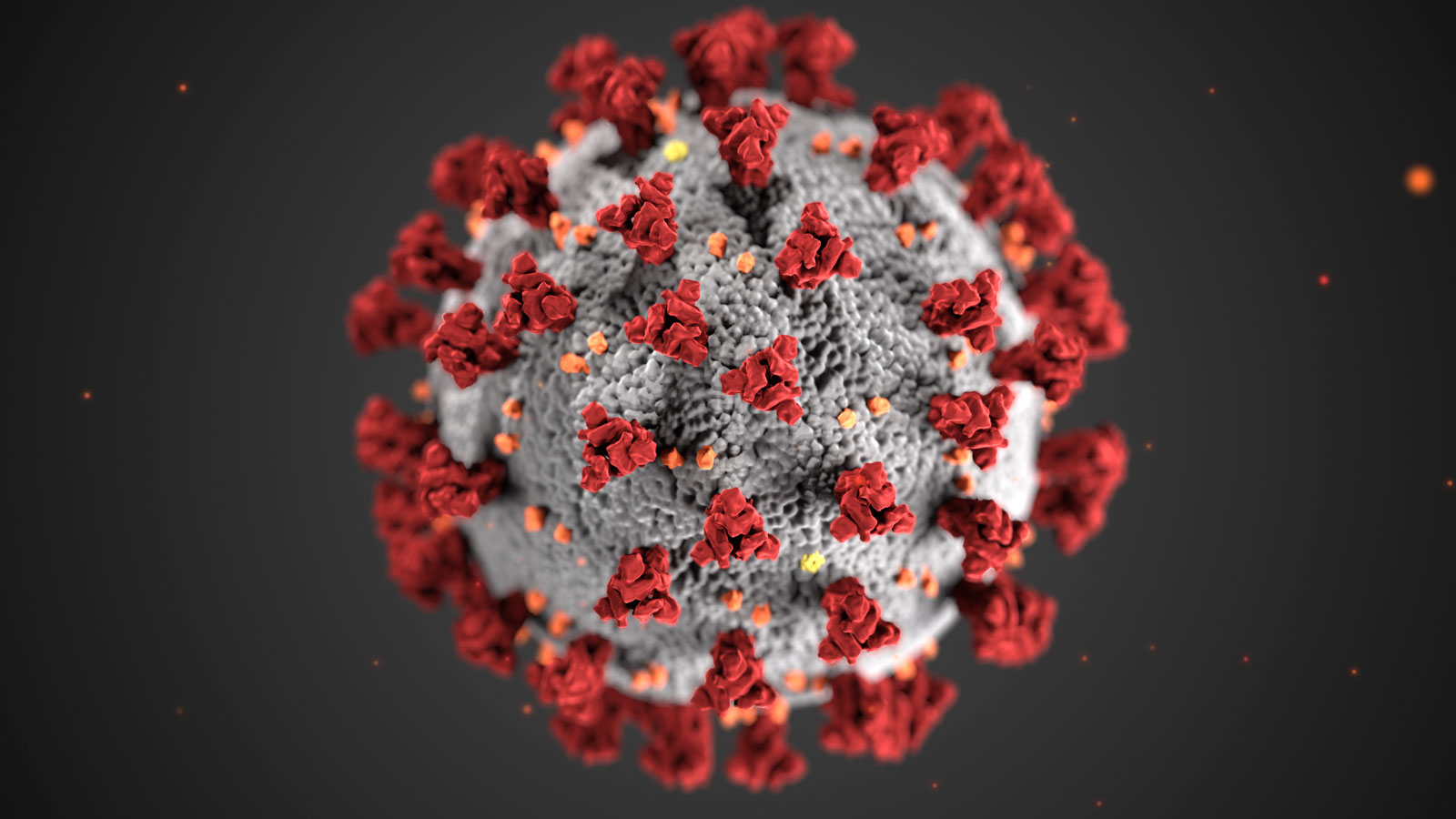Having the Portland weather in mind, winters can be really cruel to the homeless population due to the constant rain, low temperatures, and even snow. As a result, Pallet came up with the fantastic idea of building pods around the city to help those who are in need of shelter. I first came across these little pods about a week ago. I was driving in Portland and as I look to my side I see a bunch of these little homes. Just the design of these tiny homes is enough to make one wonder what its all about, but once you realize that the purpose of these homes is to provide the less fortunate with shelter is even more amazing. During this COVID season, I think that these homes have become more important now more than ever. They found a way to provide housing in a way where social distancing is respected (something that is a lot harder for shelters to do). The shelters are operated by the city and county's Joint Office of Homeless Service and have a square footage of 64- 100 square feet and are equipped with beds! In addition, all the pods have heating, electricity, and they even help provide meals. I think that learning about housing projects like this is very important because we can then refer people to the right resources if they are in need. In addition, companies like Pallet should be praised more for finding ways like this to help out our community. Below will be a link to a video and the company so you guys can also get informed on the project!
https://www.palletshelter.com/virtual-tour-video
https://www.kgw.com/article/news/local/tiny-home-pods-help-portlanders-facing-homelessness/283-c01dea86-cb4d-4dd7-ac34-dc60a486bb60


















